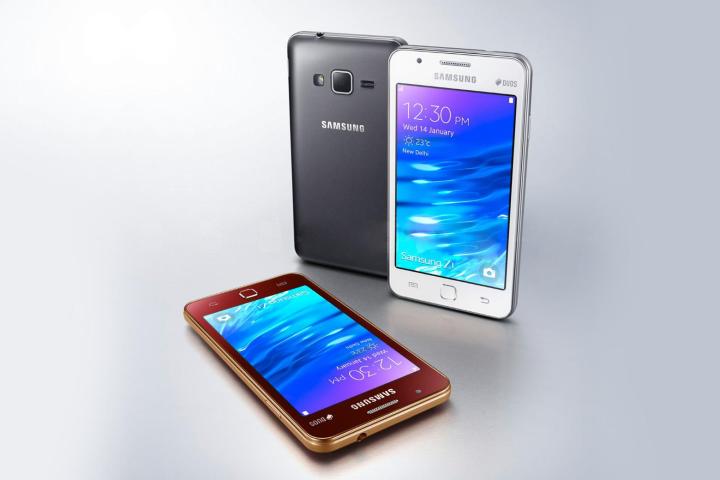
For those unaware, Tizen is Samsung’s own mobile platform, which it is developing as an alternative to Android. Samsung has been working on the platform in partnership with Intel for over two years.
Samsung has launched two phones running Tizen, both available in Southeast Asia, named the Z1 and Z3. The Z1 launched earlier in the year for $84, making it very competitive against other Android sellers. They seem to be doing well, since Samsung claimed Tizen was the second largest mobile platform in India’s budget market.
And Tizen could be in for another boost, as Samsung plans to launch phones in 11 European countries by the end of the year. The success of the phones in Europe could shape Samsung’s future plans for the OS. It has not announced any plans to launch the Tizen mobiles in the United States.
The market share is still below two percent, meaning Samsung has a long way to go before it can even think about skipping Android. The company appears to be focused on bringing Tizen to its other devices, including the Gear S2 and Smart TVs, to build an ecosystem for users.
It is also enticing developers by offering 100 percent of the app revenue, much higher than the percentage offered by Google and Apple. Facebook was quick to jump aboard, adding its official app, Messenger, Instagram, and WhatsApp in less than six months.
Editors' Recommendations
- The 15 most important smartphones that changed the world forever
- BlackBerry’s latest revival attempt crashes before launch
- The BlackBerry Key2 shows why software updates really matter
- Classic BlackBerries are finally losing suppport as company shuts down services
- BlackBerry rises from the grave: New 5G phone with a keyboard coming in 2021


